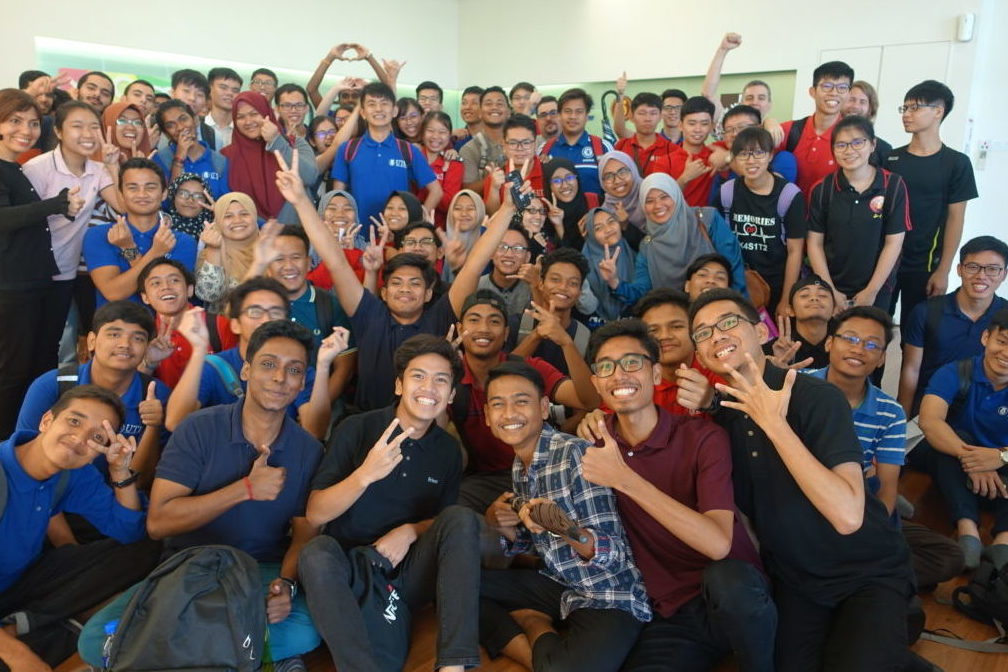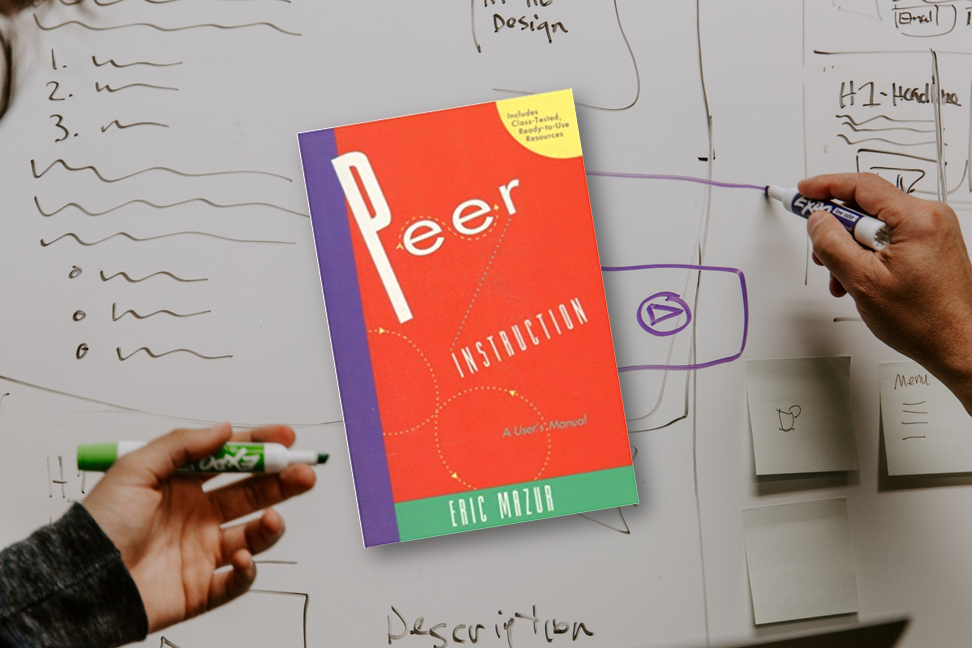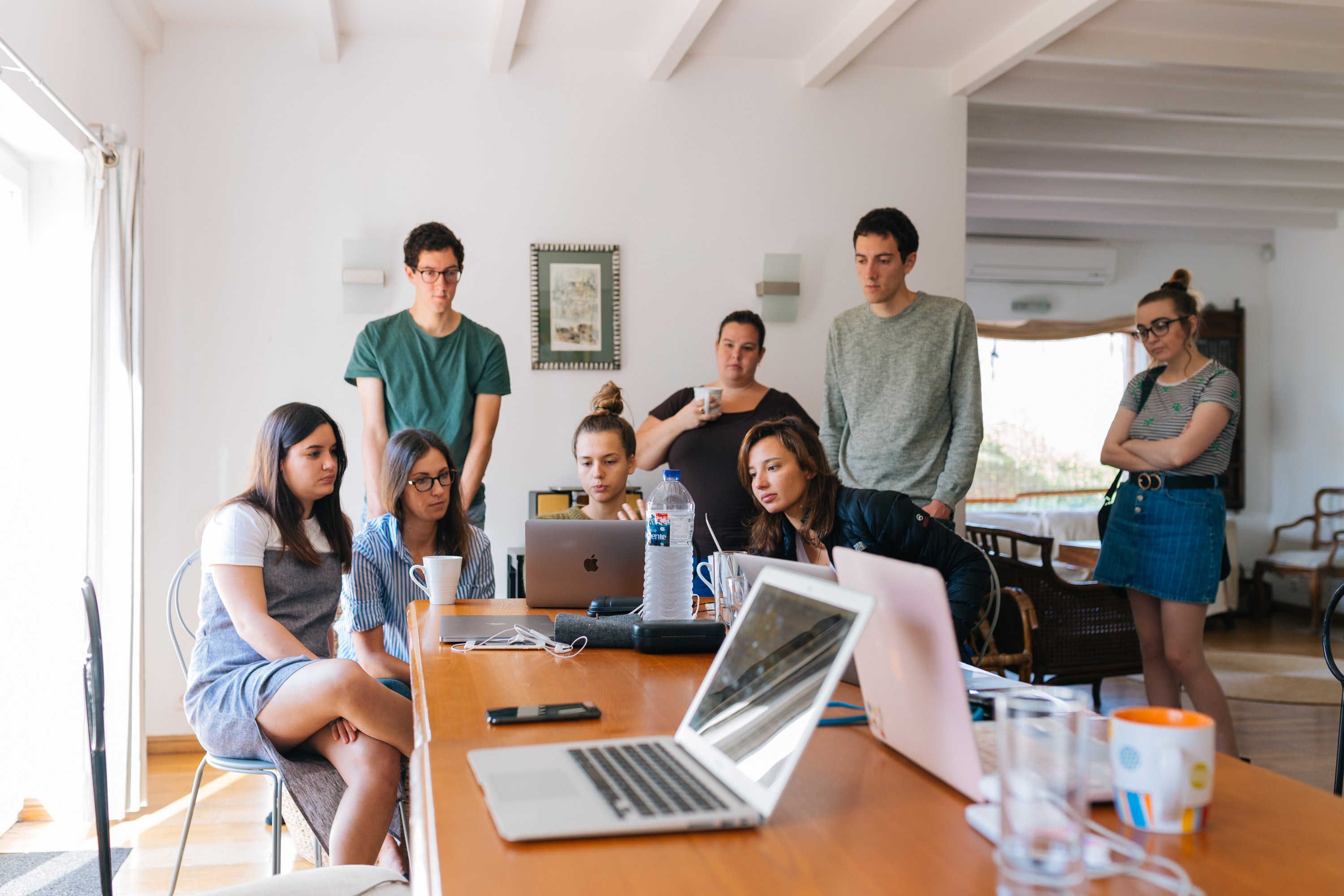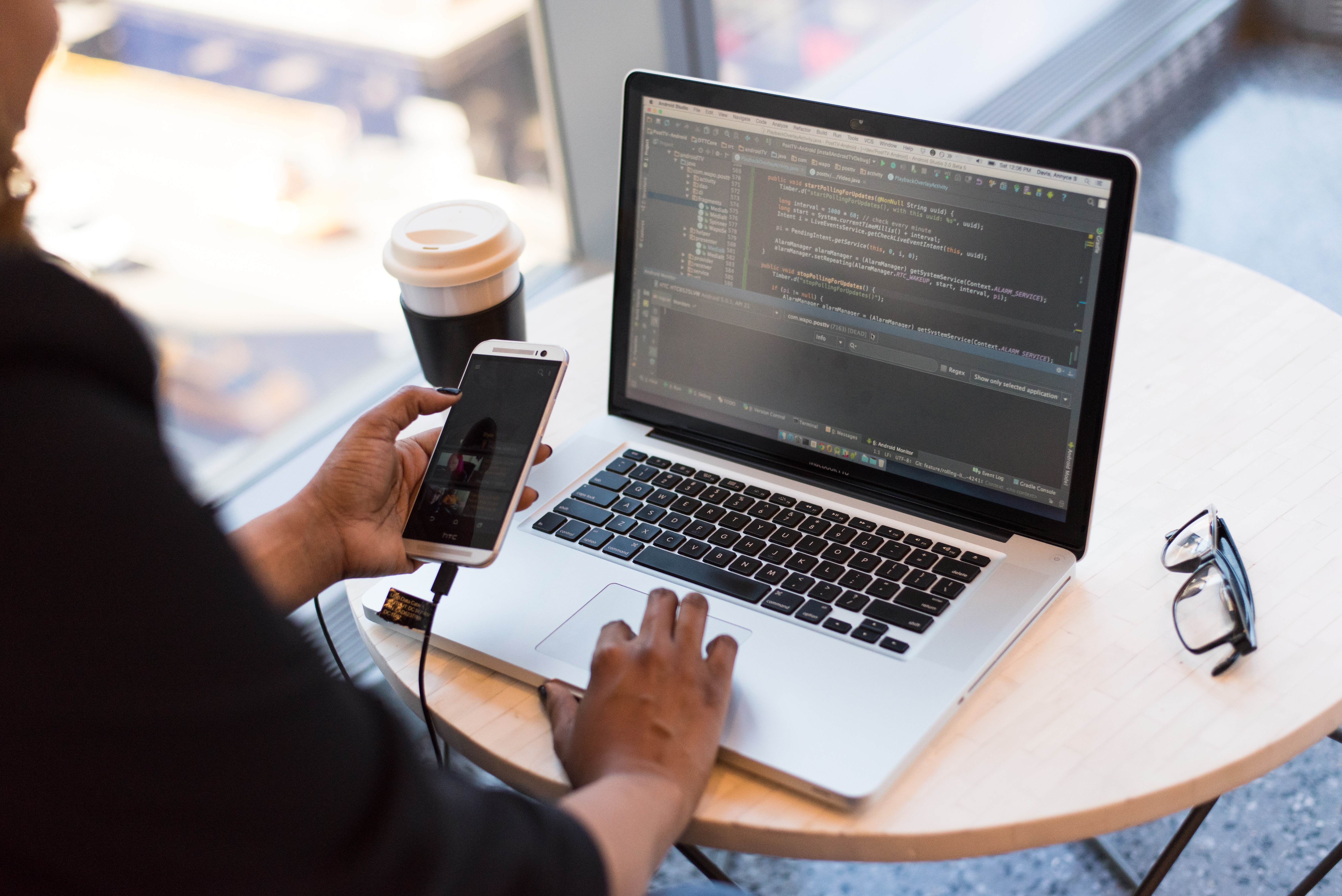My Research Interests
My research interests falls into the areas of Instructional Design and Educational Technology, which includes Peer Instruction, e-Learning, Blended Learning, Team-based Learning, Peer & Team Assessment in educational institutions. Currently, I’m a member of Industrial Professional Practice (IP2G) research group.
Current Research Projects

Fluid and Organic Entrepreneurship Curriculum
Universiti Teknologi Malaysia
UTM Transdisciplinary Grant (RM40,000)
December 2018 – January 2021
This research was funded by UTM’s Transdisciplinary Grant. This project will produce an entrepreneurship curriculum for industrial professional practice workforce. Curriculum must be “fluid and organic” in order to incorporate the latest learning and teaching technologies. Industry and university should synchronize on the required knowledge content and competencies. One of the challenges of Industry 4.0 is to have the industry and the academia act as one to fulfil industry and graduate needs. The role of higher education institutions is to prepare students for the changes brought by Industry 4.0. Universities must ensure that they offer program which are relevant to the Industry 4.0 needs. In line with the Entrepreneurship Action Plan of Higher Education Institutions (2016-2020), the ministry targets 80% of students to have entrepreneurial exposure while studying, 9% to register a business during studies and 3.5% of graduates to choose entrepreneurship as a career.
Completed Research Projects

Peer and Team Assessment in Team-Based Learning among undergraduates studying Engineering at UTM
Universiti Teknologi Malaysia
Dana Pembangunan Pengajaran CTL (RM20,000)
June 2015 – May 2017
This research was funded by Dana Pembangunan Pengajaran CTL from UTM. The purpose of this research study is to identify a team effectiveness index for students working in teams studying Thermodynamics. This metric would enable students to work in an effective team in such a way that the performance of each team member is maximized. Soft skill and generic competencies development should be inculcated in the earlier years of education, and especially in universities. It is important to introduce soft skills at an earlier age in order to prepare students to survive and succeed in the work market later on in their careers. Soft skills can be introduced and developed in a team-based learning environment at universities. Students working in teams are able to practice their interpersonal skills and have the experience of working with others. Therefore, there needs to be an intervention to introduce the soft skills by providing opportunities for students to work in teams during their college years.

Team Formation Study
Harvard University
Fall 2014 – Spring 2015
The Team Formation study was an extension of the previous research projects, which includes Project 1 (Formulating Team Assessment), Project 2 (Team Effectiveness Index), and Project 4 (AP50b Summary of Keirsey Report). In this research project, student teams are assigned based on selected criteria.

Peer Instruction Online Module
Harvard University
Spring 2014 – Summer 2014
The Peer Instruction Online Module is a part of a large project funded by the National Science Foundation in United States, titled “Collaborative Proposal: CI-TEAM DIFFUSION: PORTAL, Pedagogical Open-access Research-based Tools for Advancing Learning in Science and Engineering “. This project is a collaboration between Harvard University and the University of Texas, Austin.

Team Effectiveness Index
Harvard University
Spring 2014 – Summer 2014
Team Effectiveness Index is a metric that would be used to measure the level of goals and performance accomplished by each teams and comparing them to other teams in the same class. The team performance was evaluated by using the Readiness Assurance Activity (RAA) Hake gain. RAA is a student activity where content-specific goals and problem solving skills is assessed. Hake gain captures the performance growth of teams for each RAAs.

Formulating Team Assessment
Harvard University
Spring 2014 – Fall 2014
Students studying Applied Physics (AP50b) in semester Spring 2014 at Harvard University were assigned into three different teams for three projects, namely Ecotricity, Crack-a-thon, and inSPECT. There were several factors that determined the assigned teams, which included gender, pre CSEM scores, and personality index scores on Keirsey, MSLQ, 5Dynamics, and 6Hats. This research project focused on preparing the Team Assessment questionnaire that was distributed to students after the completion of each project. The questionnaire was used to measure which team formation method was effective in affecting students’ learning and attitude in AP50b course. The teams were formed based on a diversity of personality index scores (Keirsey, MSLQ, 5Dynamics, 6Hats).

Think-pair-share Class Activities via Mobile App
Universiti Teknnologi Malaysia
New Academic Staff (RM 20,000)
October 2012 – November 2014
This research was funded by the New Academic Staff (NAS) grant from UTM. The research is titled “The effects of think-pair-share in promoting active learning assisted with ARS using mobile phone”. This research was enhanced from my dissertation study. Instead of using clickers, my team and I designed an online interactive system that can be used to promote active learning by using think-pair-share in postgraduate classes at UTM AIS. The results indicated that students were more active in the class activities when engaged with think-pair-share via mobile app.
Other Projects
Learning Catalytics
I am currently interested on using Learning Catalytics to get students engaged in my classes. For more information, please visit www.learningcatalytics.com.
